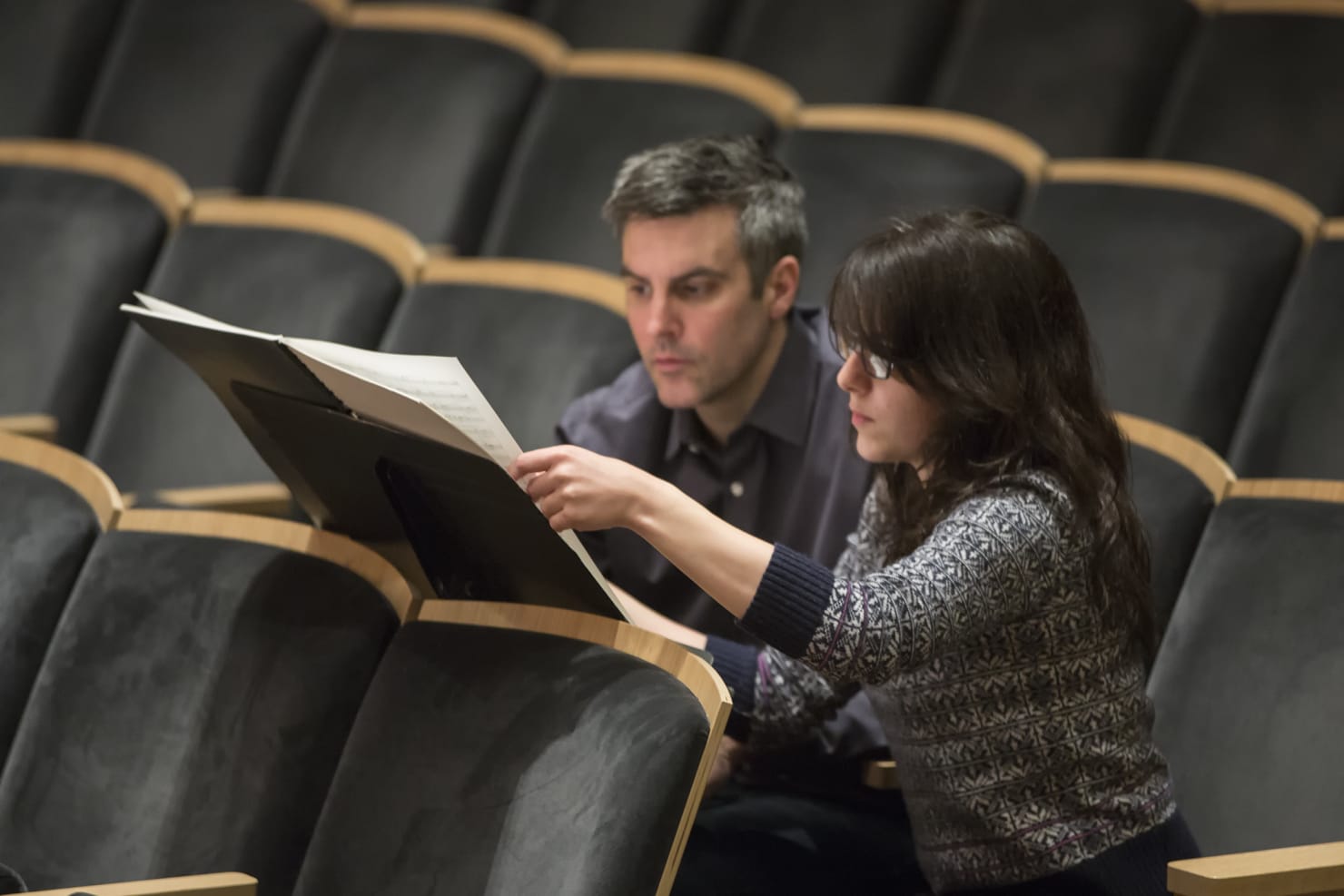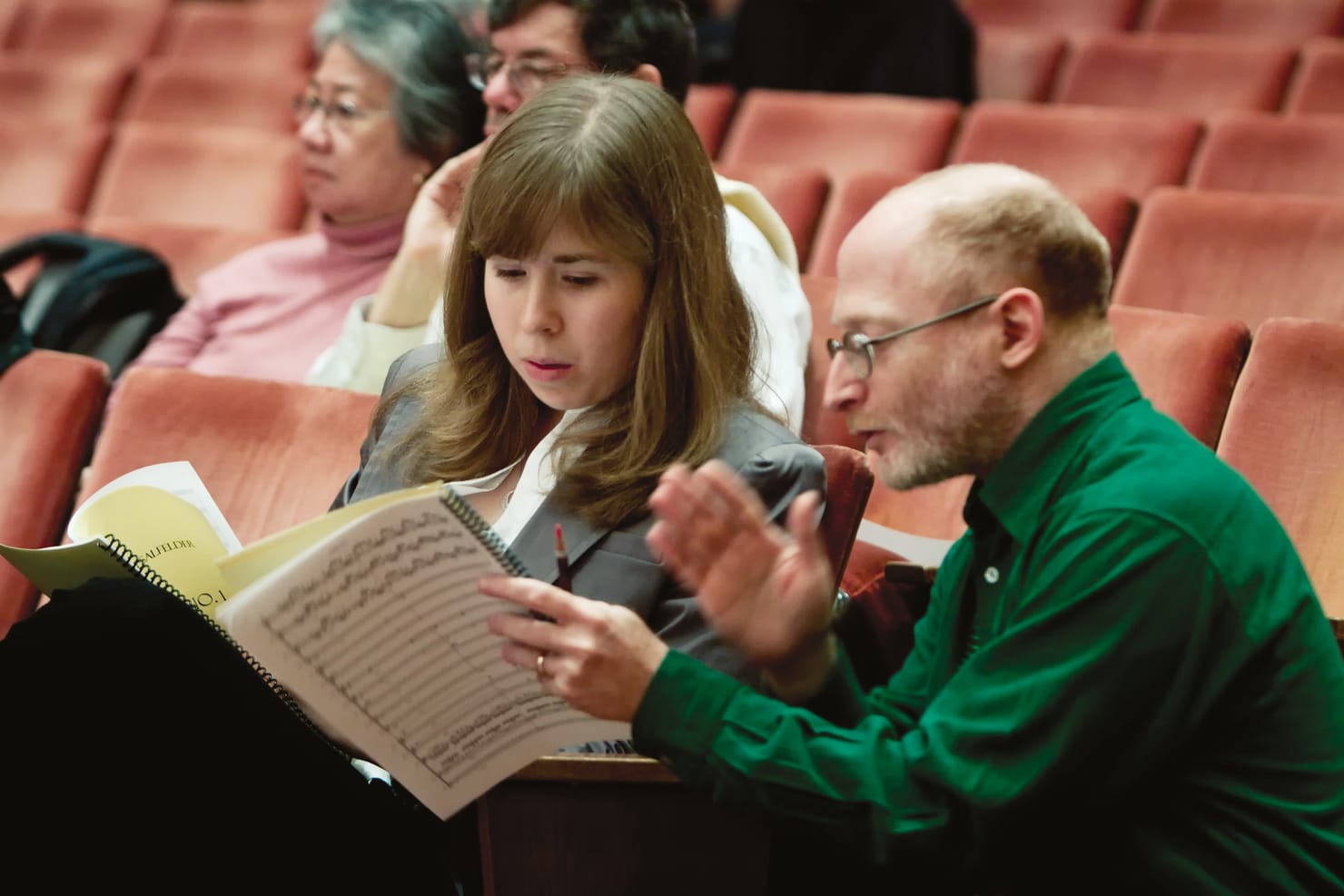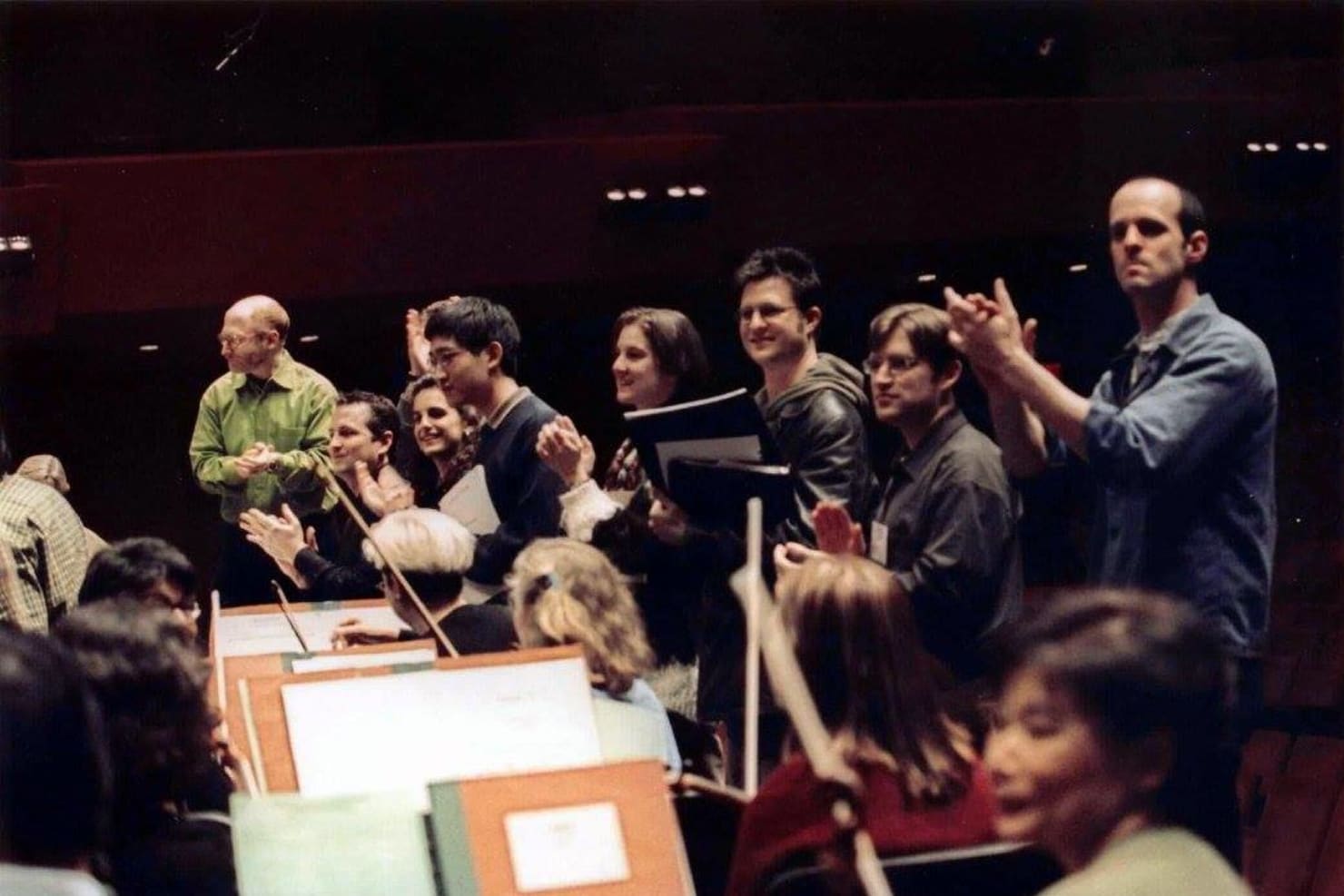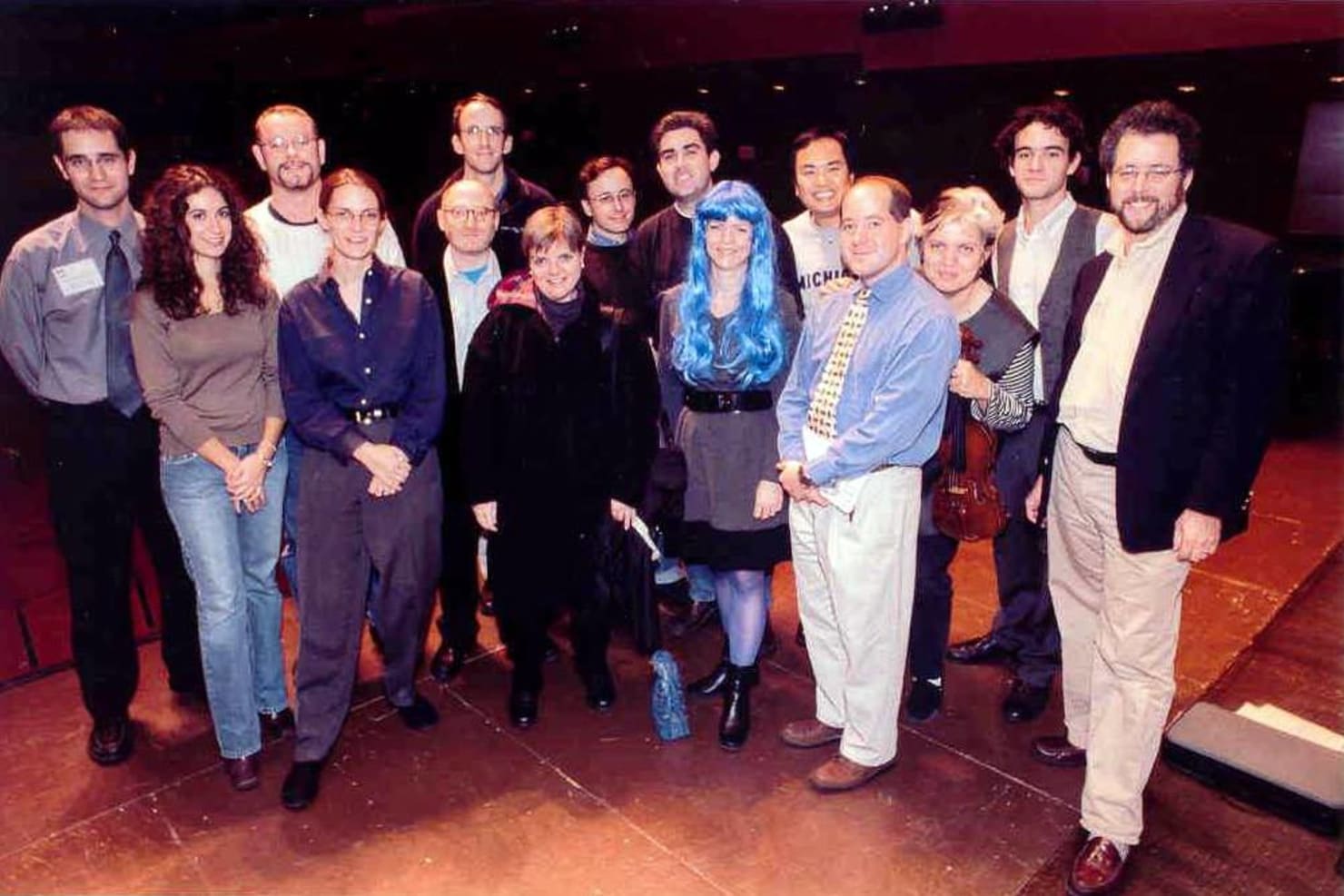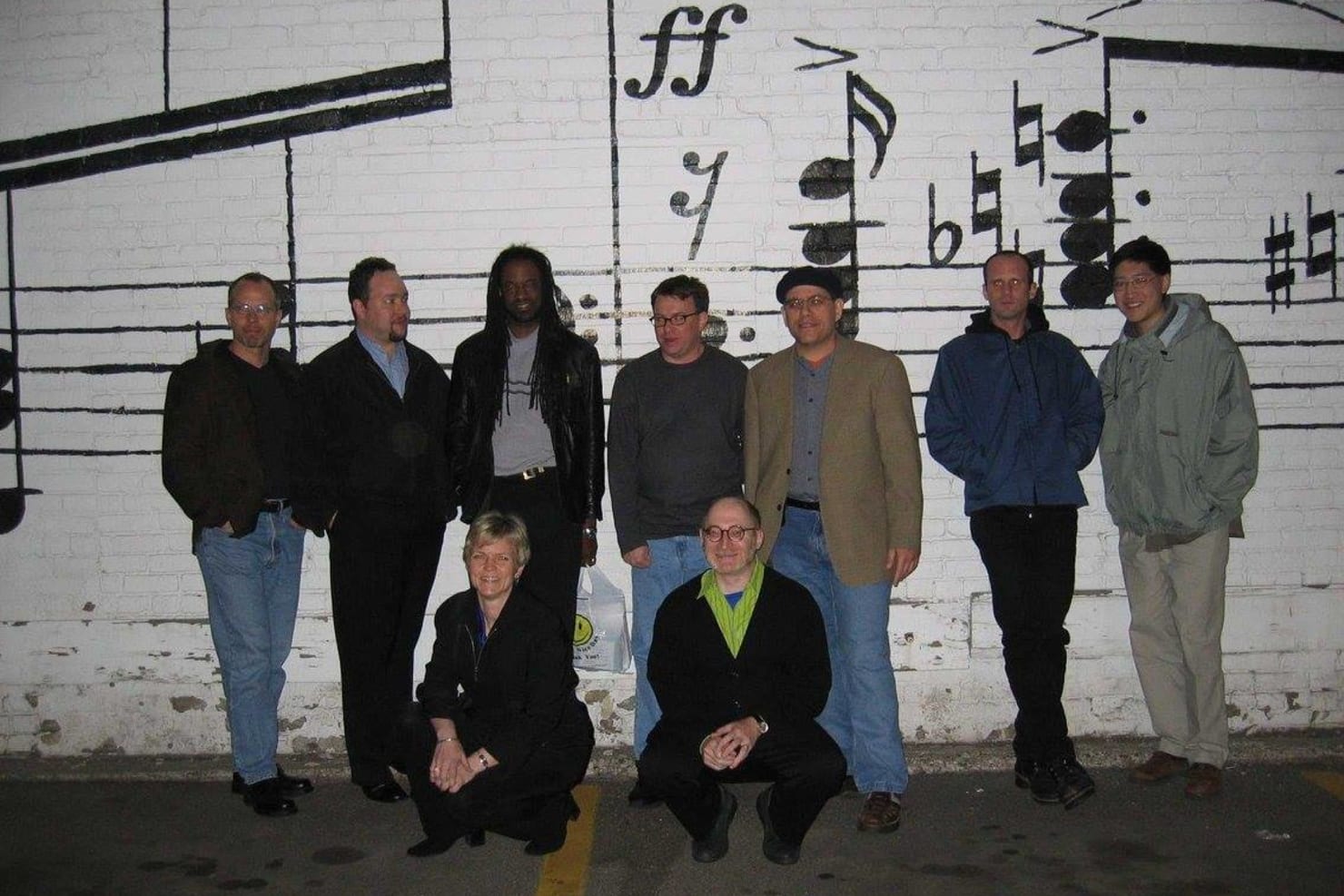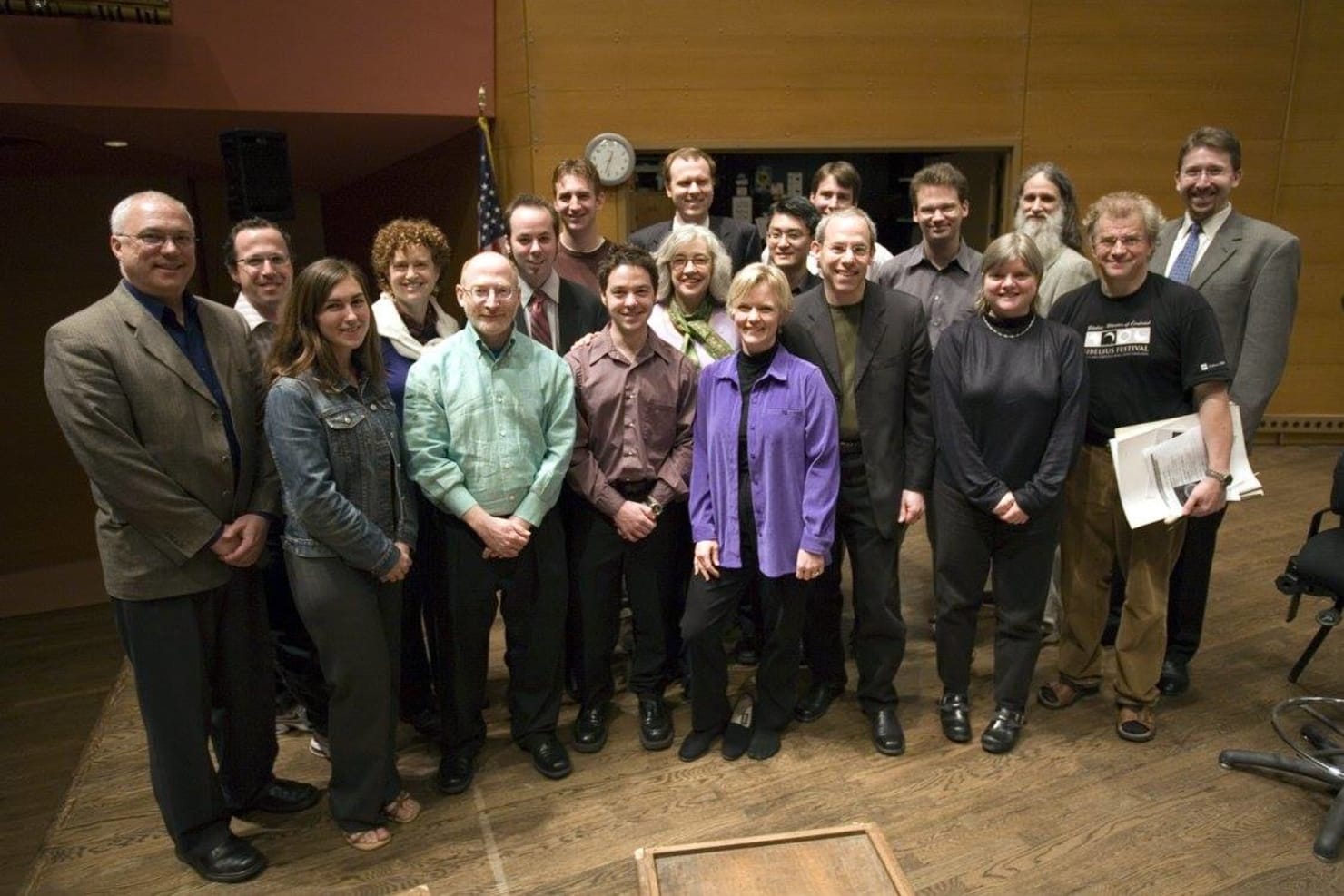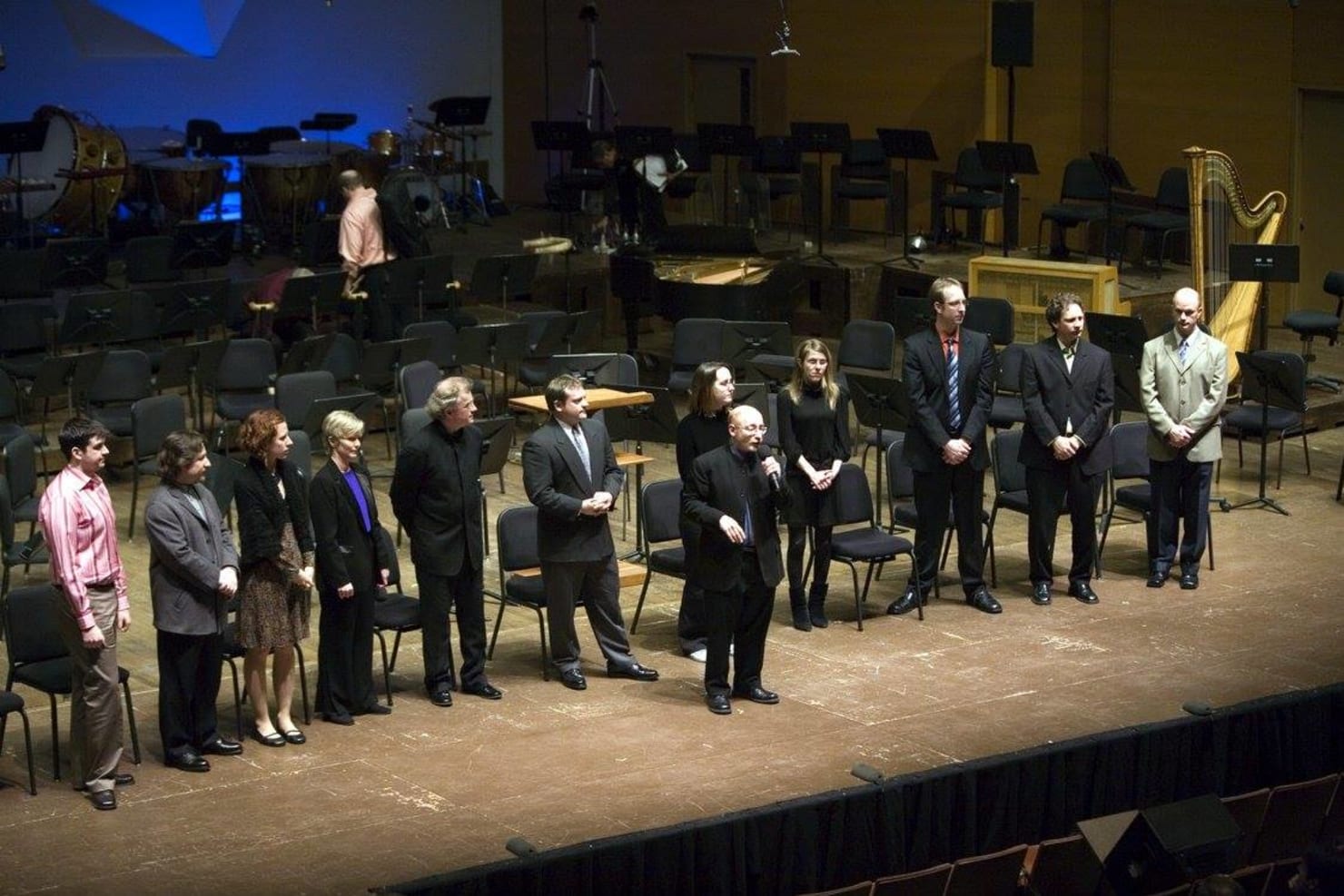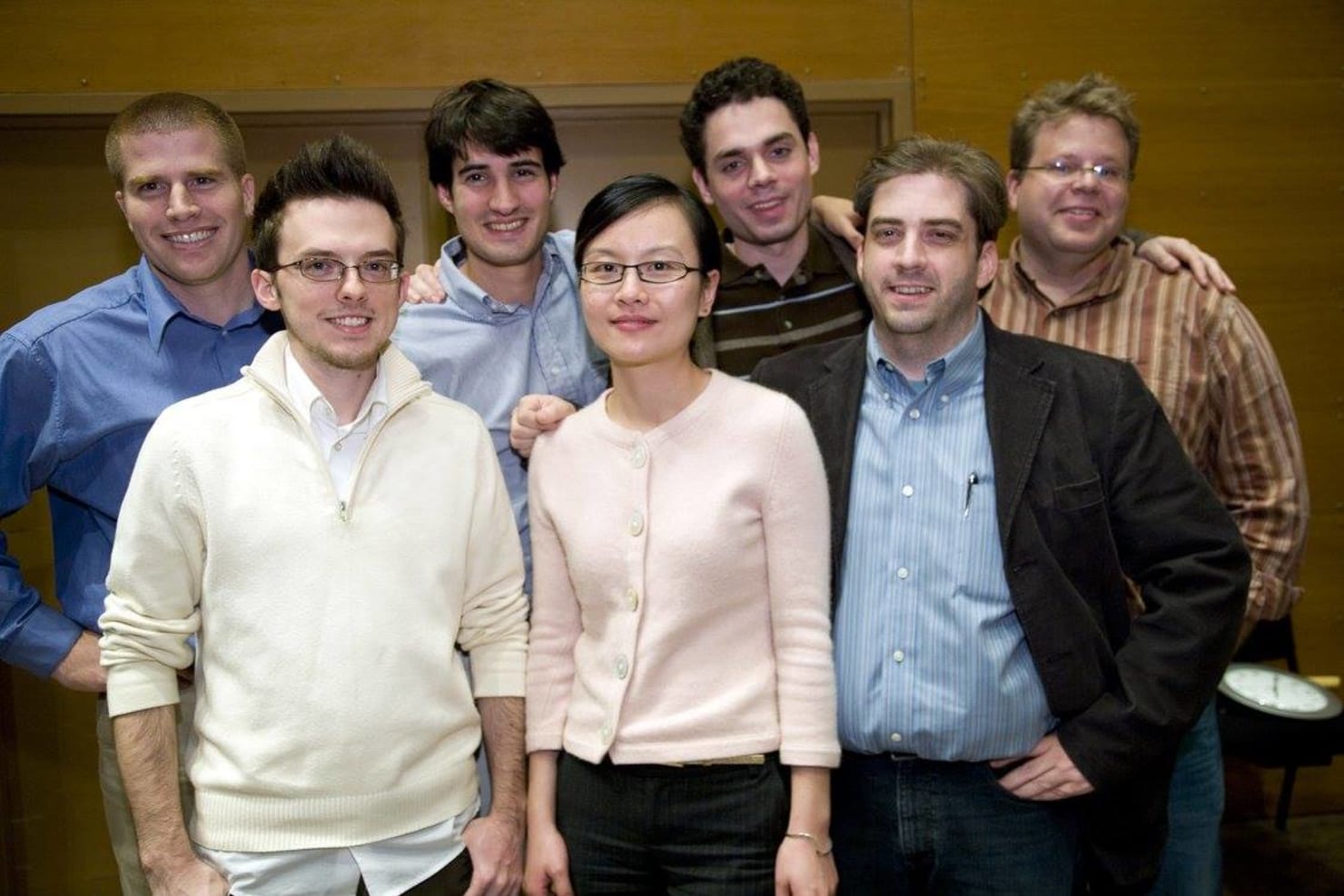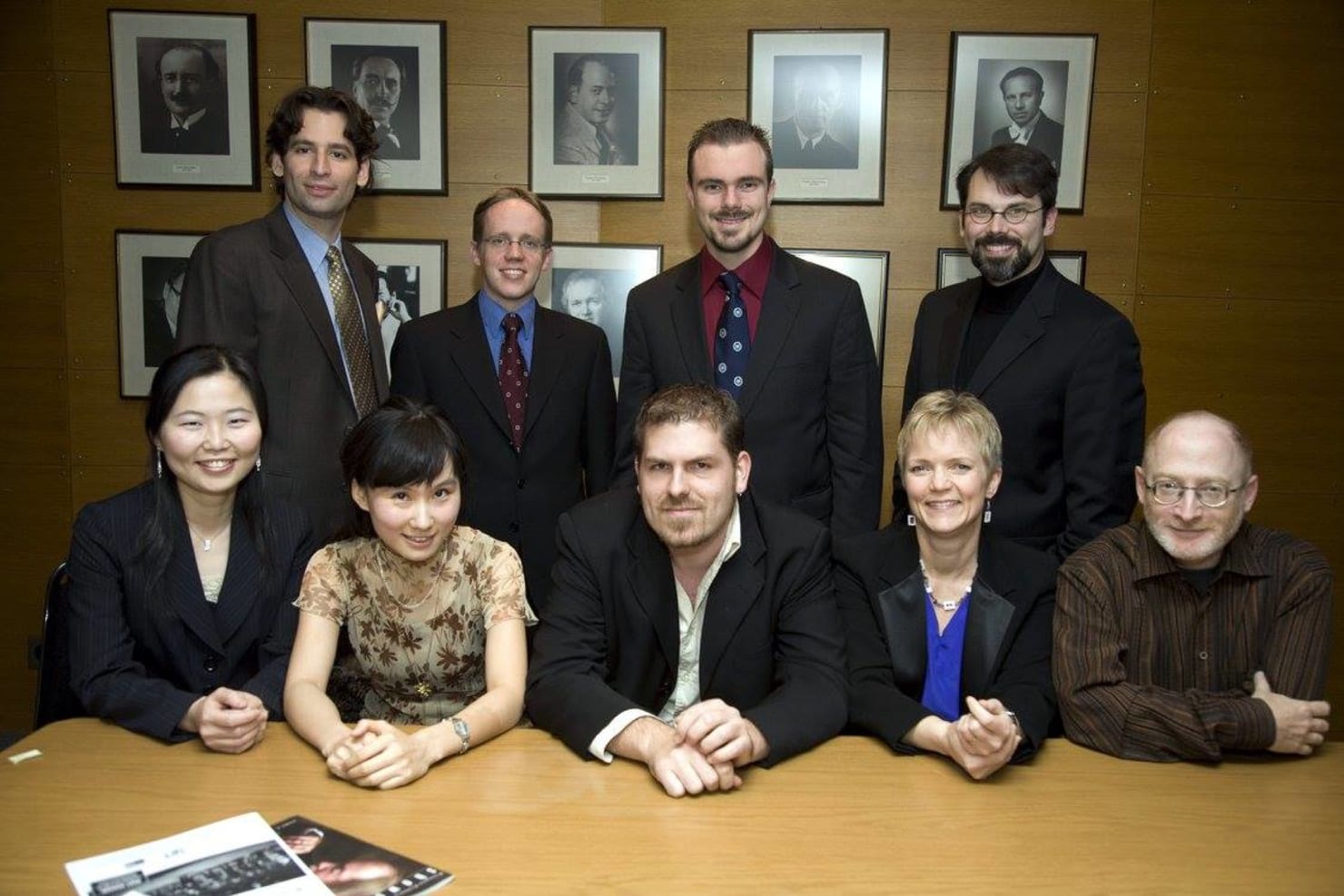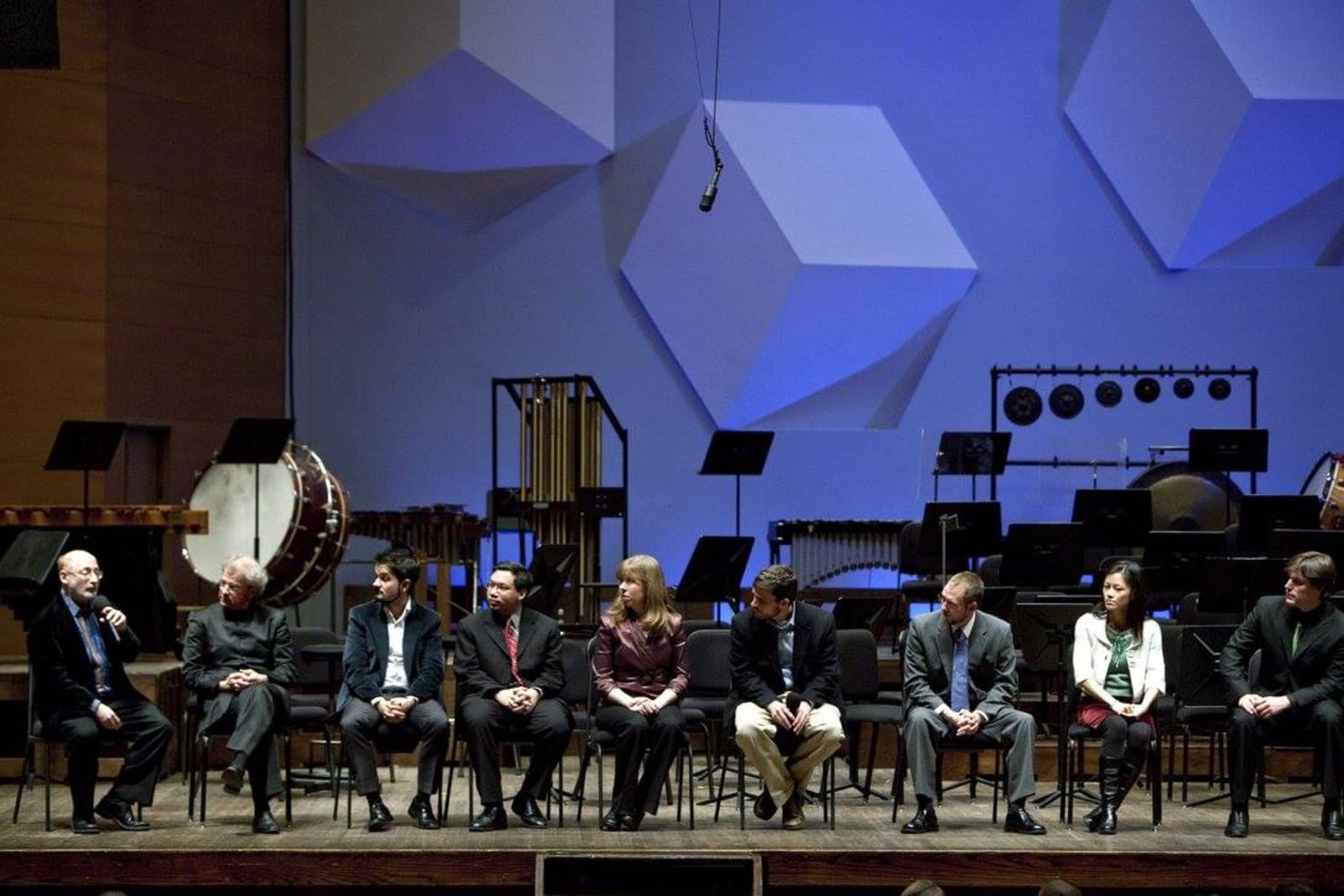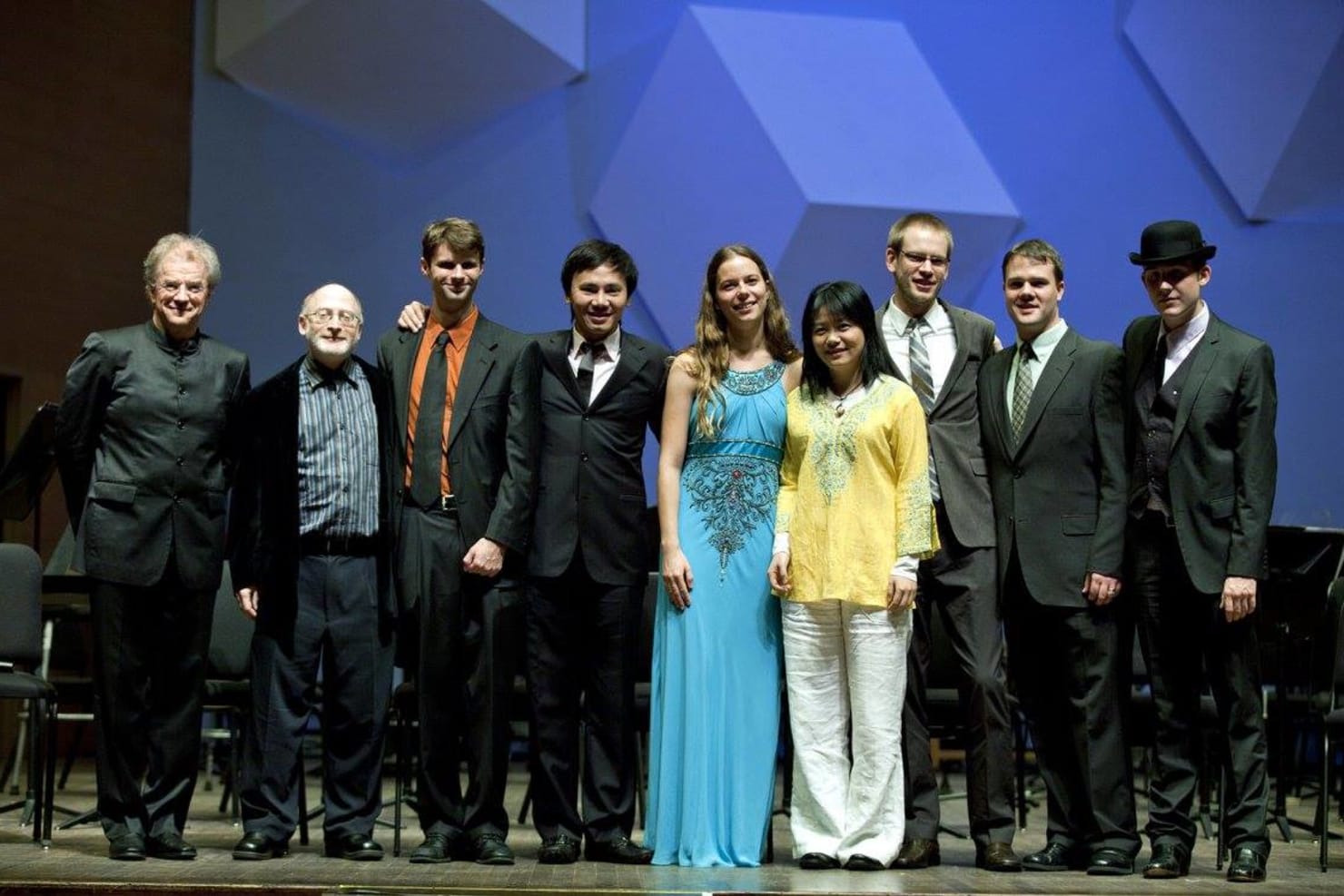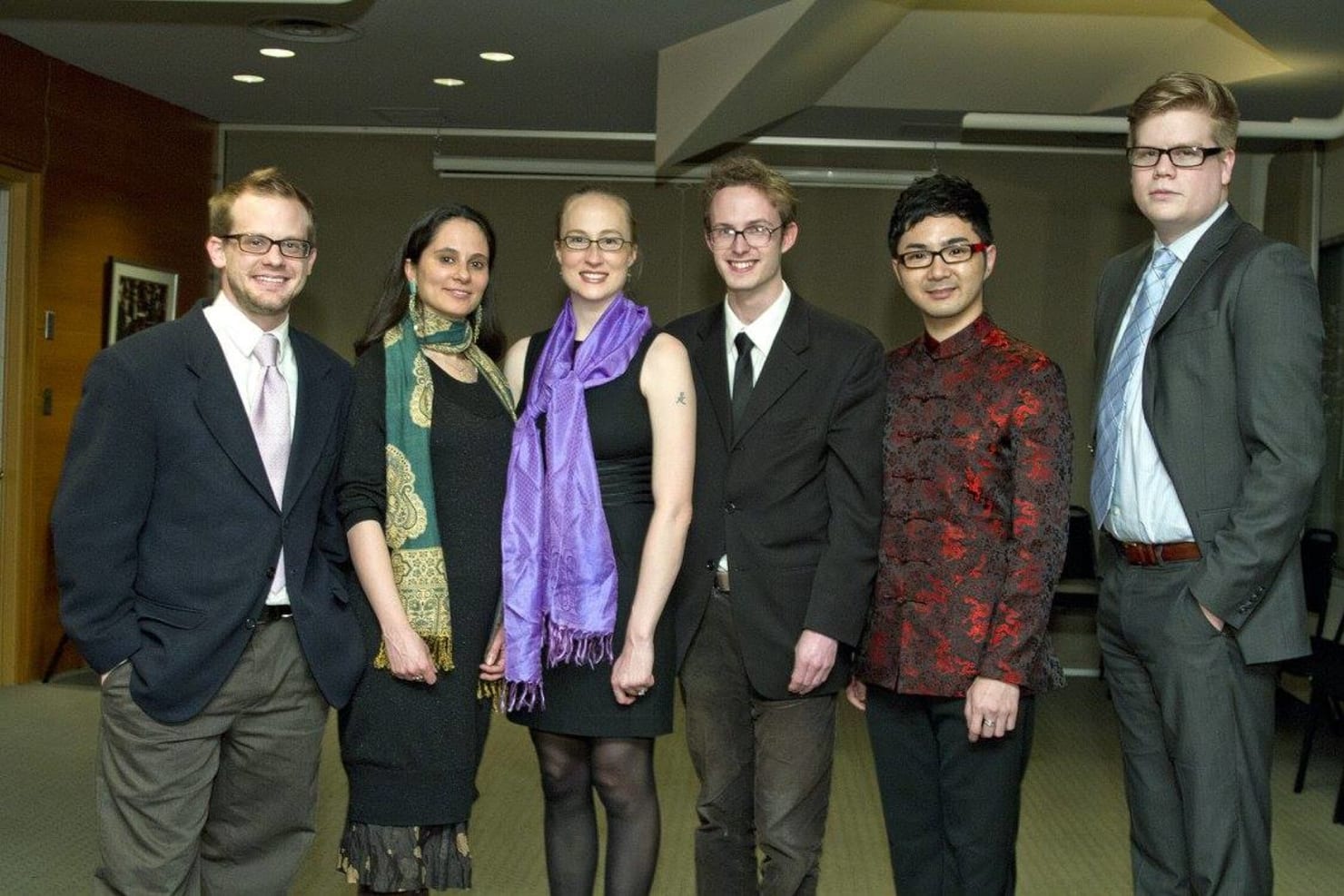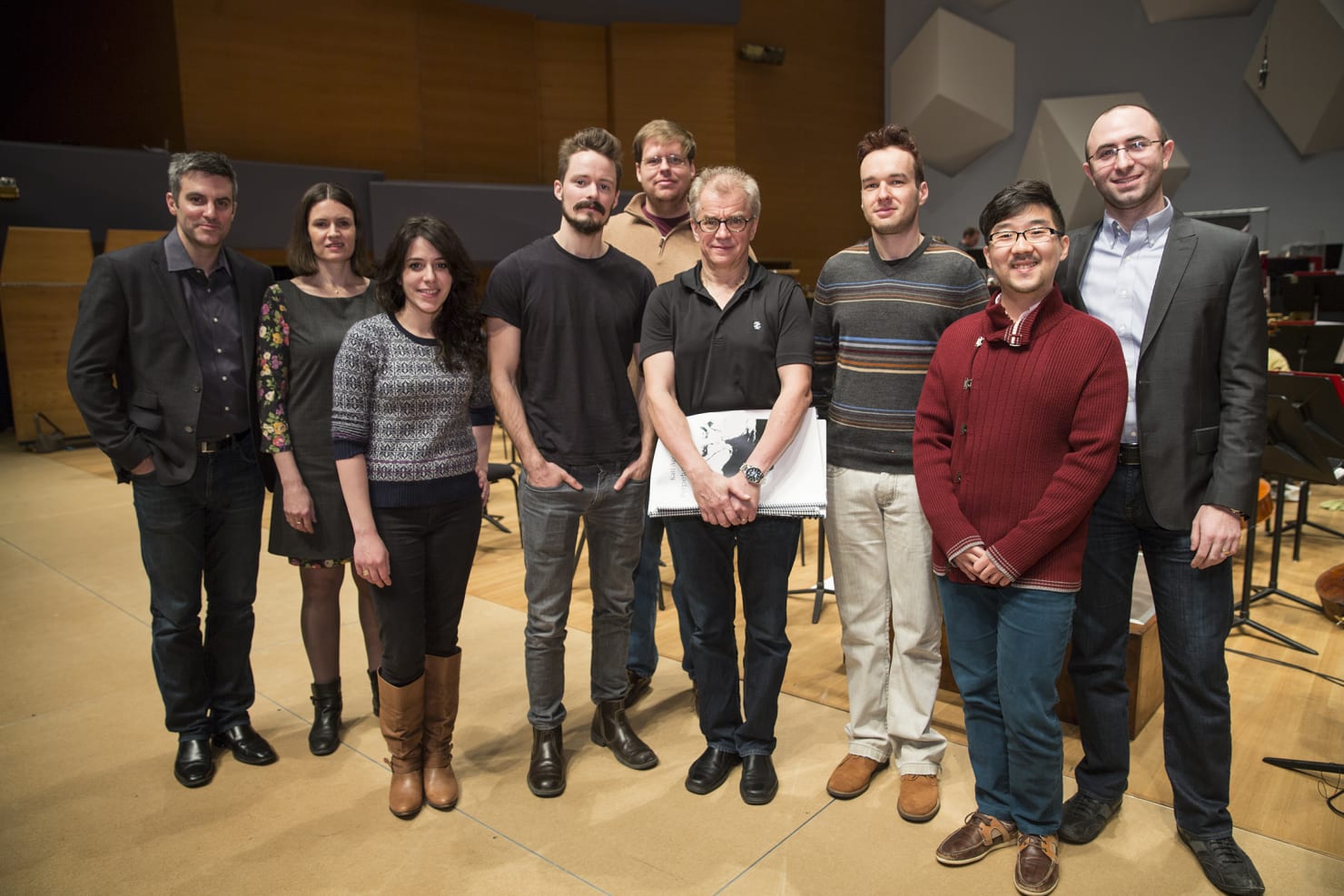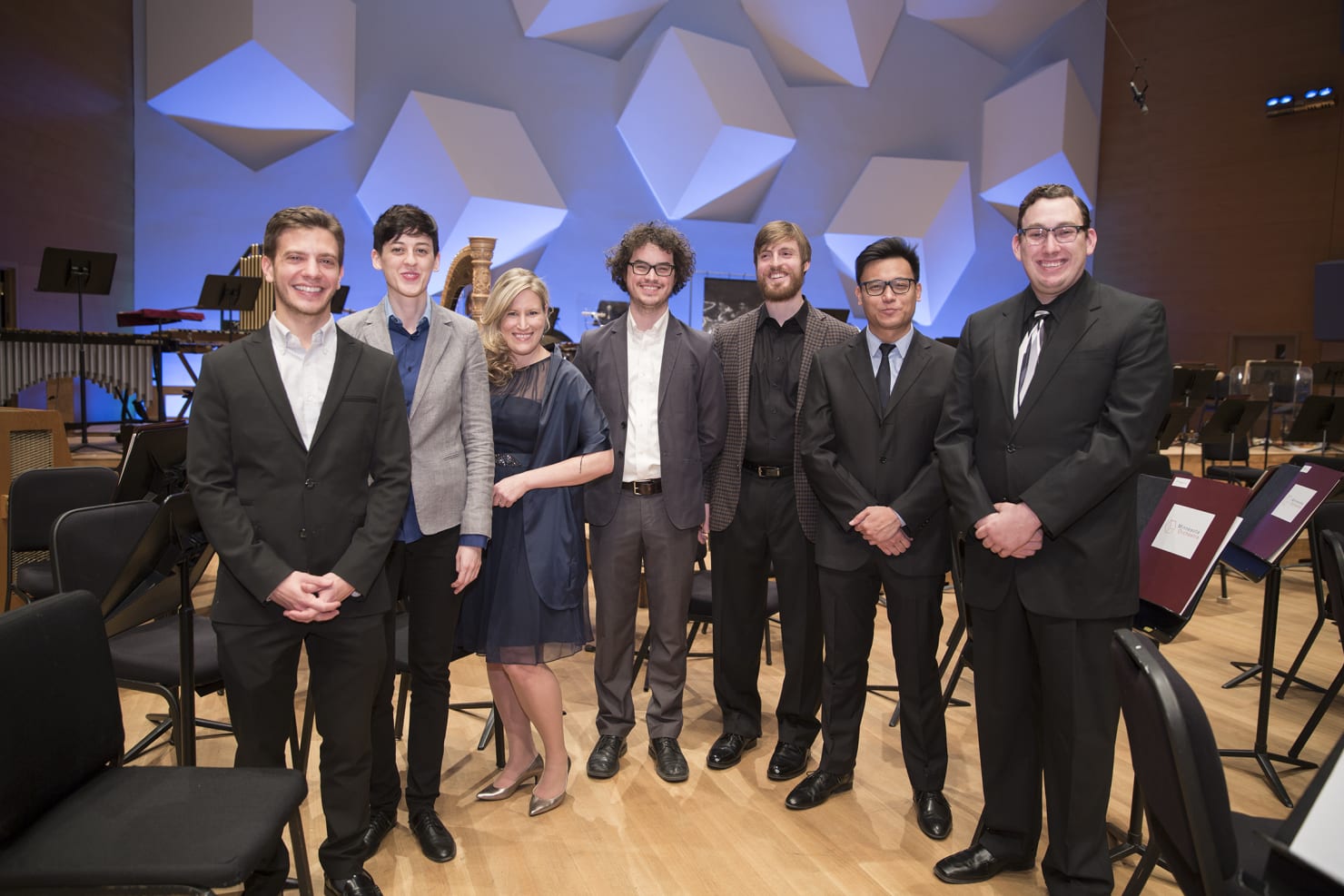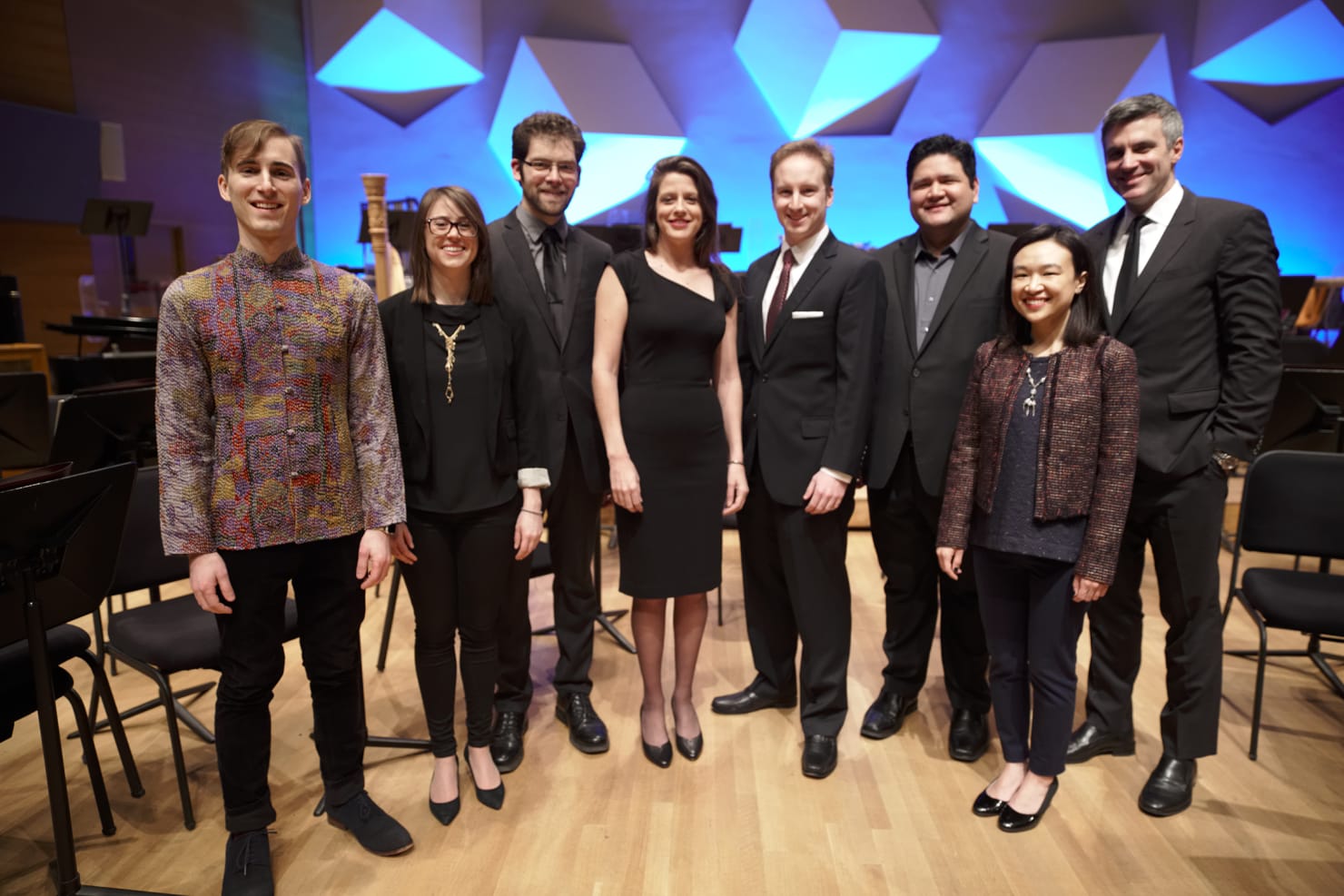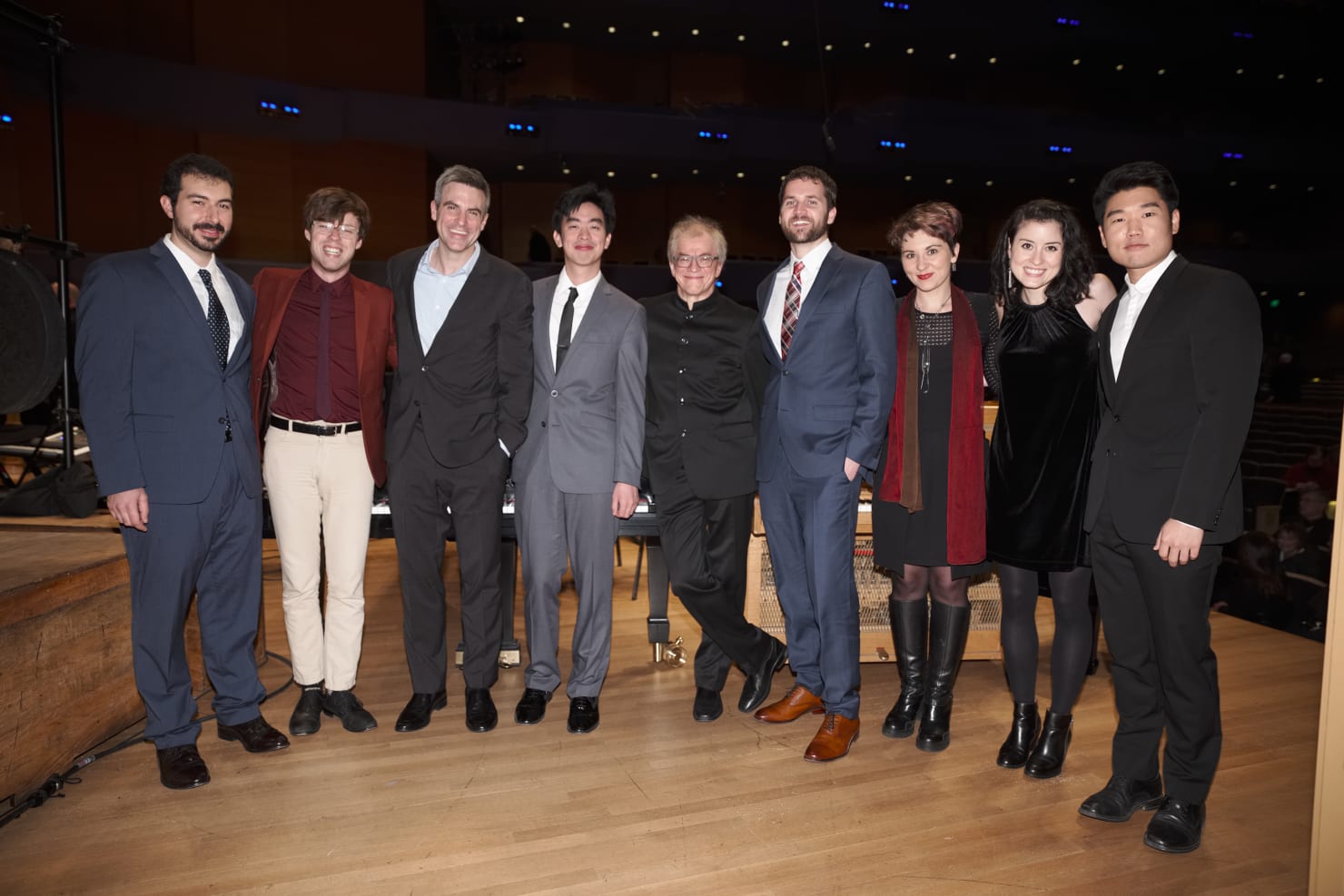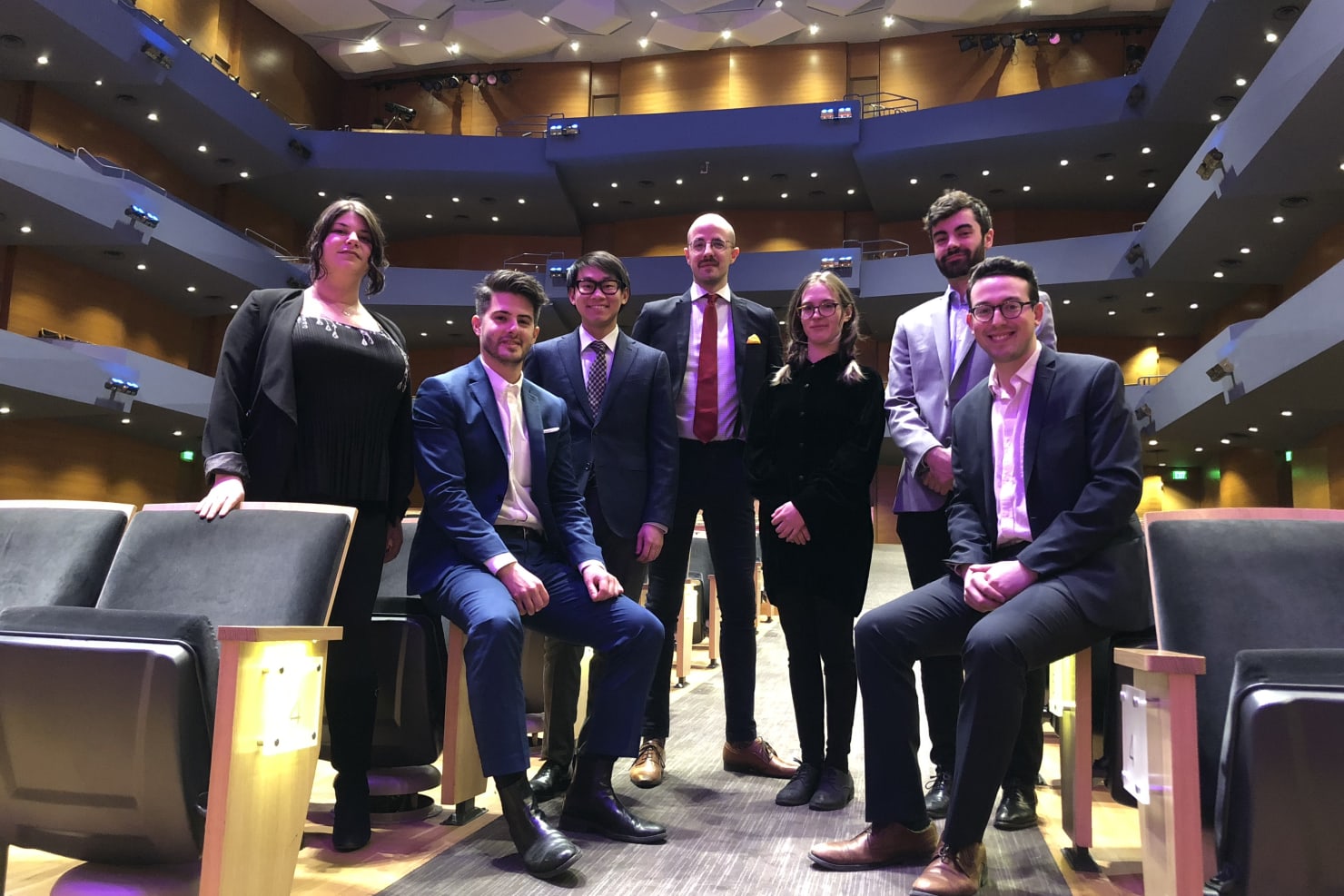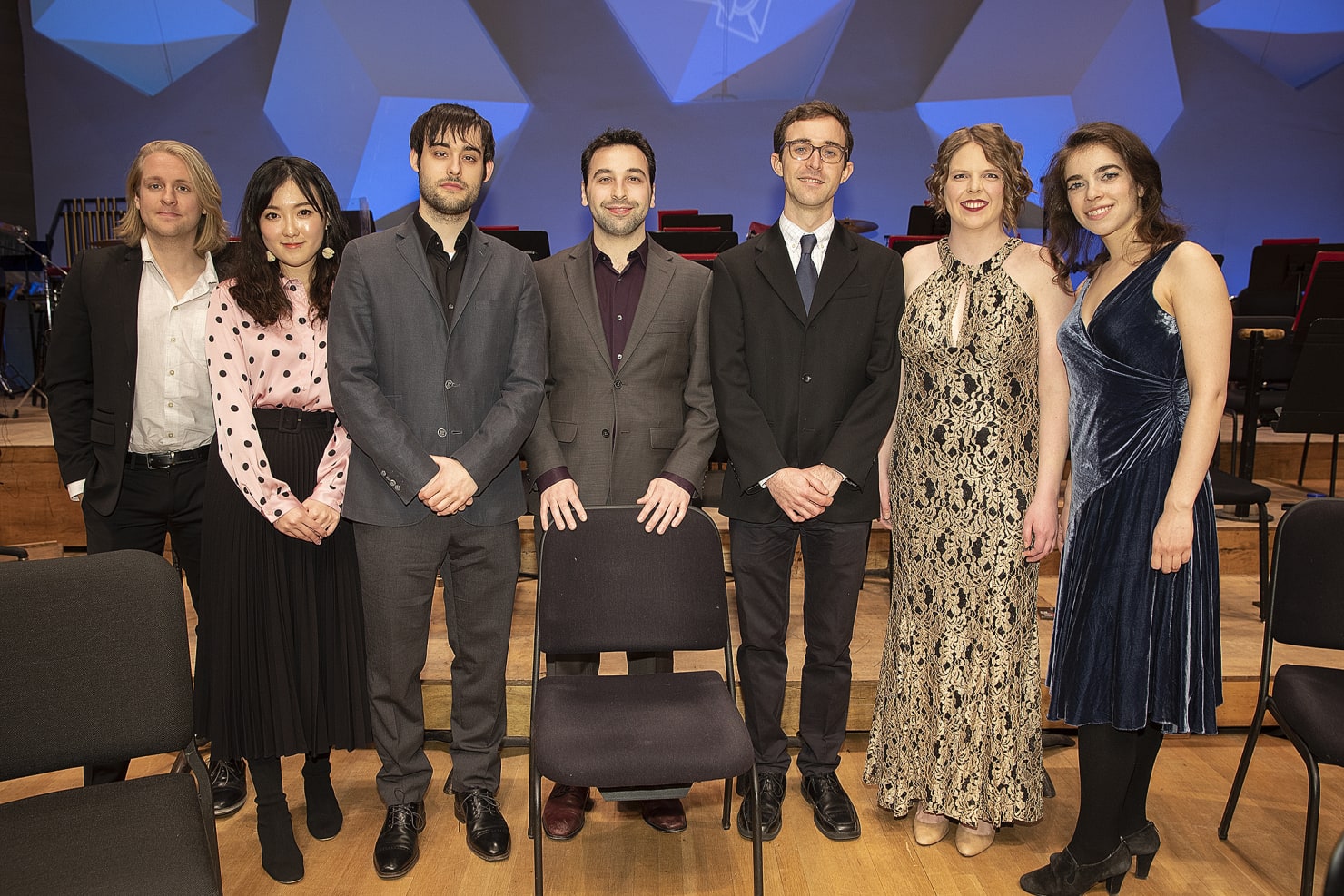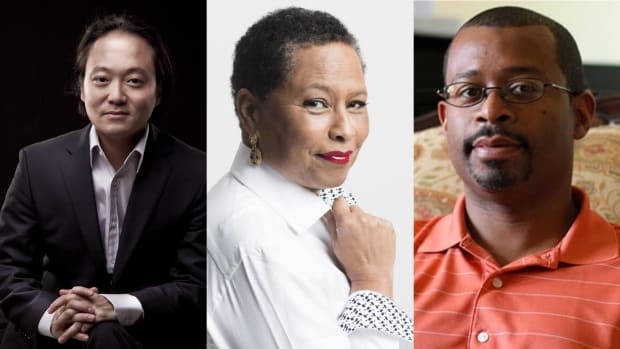Keeping Score: The Composer Institute’s Success Stories

During Osmo Vänskä’s 19-year tenure as music director of the Minnesota Orchestra, the ensemble has earned acclaim for performing and recording the music of great composers of the past such as Beethoven, Sibelius and Mahler. Thanks in part to a decision made by Vänskä in 2006, composers such as Missy Mazzoli, Ted Hearne and Trevor Gureckis are well on their way to becoming key figures in the future of classical music. On December 1 of that year, Vänskä added a public concert to the Minnesota Orchestra Composer Institute, significantly raising the stature of a program that had previously been limited to private reading sessions of music by emerging composers.
The birth of a tradition
The notion of an entire concert dedicated to new music by little-known composers—and led by the music director rather than an associate or guest conductor—was unusual if not unprecedented among major American orchestras in the 21st century, when new compositions are typically presented alongside standards of the repertoire, with general audiences and ticket sales in mind. But the Composer Institute-capping concert on December 1, 2006, which opened and closed with works by future Grammy nominees Mazzoli and Anna Clyne, was such a success with audiences and critics that it has returned in each subsequent season, excepting those shortened or eliminated by lockout and pandemic, always with Vänskä conducting.
After the next Composer Institute, held in May 2022 and culminating in a May 6 MusicMakers concert, the Composer Institute and its predecessor Perfect Pitch—a program of reading sessions focused exclusively on Minnesota and Midwestern composers—will have boosted the careers of 155 emerging composers. With this year’s edition, the Institute will celebrate the 20th anniversary of its founding in 2002, when it was directed by Pulitzer Prize-winning composer Aaron Jay Kernis. Since 2015 it has been directed by another Pulitzer winner, Kevin Puts, with additional program management provided by Mele Willis, the Minnesota Orchestra’s director of orchestra operations.
A widening circle of influence
The program’s influence has spread throughout the classical music world via the success of numerous participants. In the past four years alone, three Institute alumni have been finalists for the Pulitzer Prize for Music: Andrew Norman, Ted Hearne and Michael Gilbertson, alumni of the 2004, 2008 and 2016 Institutes, respectively. Norman is also the winner of one of the most prestigious and lucrative prizes in classical music, the Grawemeyer Award, and is one of five alumni who have been nominated for Grammy Award for Best Contemporary Classical Composition; the others are Clyne, Mazzoli, Hearne and Zhou Tian. The Institute alumnus with perhaps the widest influence in popular culture is film and TV composer Trevor Gureckis, a 2007 alumnus whose recent projects include scoring the 2021 M. Night Shyamalan movie Old and the current Apple TV+ series Servant. Most recently, at the 2022 Grammy Awards, violinist Jennifer Koh won the award for Best Classical Instrumental Solo for an album that included short works by 40 contemporary composers, 10 of whom are past or present Composer Institute participants, among them 2022 participants Adeliia Faizullina and Nina Shekhar.
Myriad local connections
Several past Composer Institute participants have subsequently fostered connections with other Minnesota ensembles. The Metropolitan Symphony Orchestra (MSO), which is conducted by William Schrickel, the Minnesota Orchestra’s assistant principal bass, has commissioned two alumni to each compose their first symphony: Symphony No. 1, April Song by 2010 participant Polina Nazaykinskaya and Symphony No. 1: The Singing Wilderness by 2015 participant Matthew Peterson; the latter work was co-commissioned with the St. Olaf Orchestra and Northern Symphony Orchestra, and will be performed by the MSO in its 2022-23 season. The MSO also commissioned and premiered Nazaykinskaya’s large-orchestra revision of Fenix and has performed three additional works by her in the years since she participated in the Institute, all with Schrickel conducting. And in further local connections, Peterson returned to Minnesota in June 2018 to record his chamber opera Voir Dire at the MPR headquarters in St. Paul—the same week as the so-called #mprraccoon incident in which a raccoon scaled the MPR building and an adjacent office tower as viewers around the world were transfixed online—and Magnum Chorum will premiere Peterson’s work Behold, I make all things new next fall.
Jorja Fleezanis, the Minnesota Orchestra’s concertmaster from 1989 to 2009, has returned to Minnesota twice to premiere chamber works by 2008 Institute participant Justin Merritt—a professor of music at St. Olaf College in Northfield, Minnesota—and 2016 participant Emily Cooley. Both works were commissioned by Fleezanis through the Michael Steinberg and Jorja Fleezanis Fund. Fleezanis will again return to Minneapolis later this month to perform the premiere of a third commission in the series, by Jessica Meyer (who is not an Institute alumnus), on May 14 at Westminster Presbyterian Church.
Fleezanis explained how the Institute led to the first two commissions in the series: “I flew up to hear two different Composer Institute concerts in hopes of discovering a compositional voice I would respond to. In both cases I identified Justin Merritt and Emily Cooley. The mission of the Steinberg/Fleezanis Fund is to merge music with the written word by commissioning emerging young composers. In the case of Emily, I was touched by the delicacy of her orchestral work played at the Composer Institute concert and remembered it while pondering a possible poem to marry with it—which turned out to be a poem by John Taggart called Slow Song for Mark Rothko.”

Extending the Composer Institute’s ripple effects into the high school level, 2019 Institute alumnus TJ Cole was commissioned to compose a new work for Edina High School’s Concert Band, which premiered Cole’s work The Illustrated Fantastical at a recent year’s Pops Concert. Paul Kile, Edina High School’s director of bands, commented: “While there are many commissions I am proud of, TJ Cole’s piece The Illustrated Fantastical is one that will stand out for years to come! I was lucky enough to stumble across TJ’s name through the Minnesota Orchestra Composer Institute. I checked out TJ’s music online and thought she had a unique voice to add to the band repertoire. When I asked TJ to write a piece for the Edina Concert Band, she gladly agreed and wrote a stunning work for band!”
The Composer Institute in 2022
In the years to come, Minnesota Orchestra Composer Institute alumni will continue to contribute to the story of 21st-century music, and they will no doubt continue to foster more local connections. Meanwhile, tickets are still available for the MusicMakers concert on May 6, 2022—and for those who can’t attend in person, the experience will be extended for the first time through This Is Minnesota Orchestra, a TPT television broadcast and online livestream; as in past years, YourClassical Minnesota Public Radio will air the concert. Mark your calendars and don’t miss the event—the last MusicMakers concert to be conducted by Osmo Vänskä before the end of his music director tenure.
